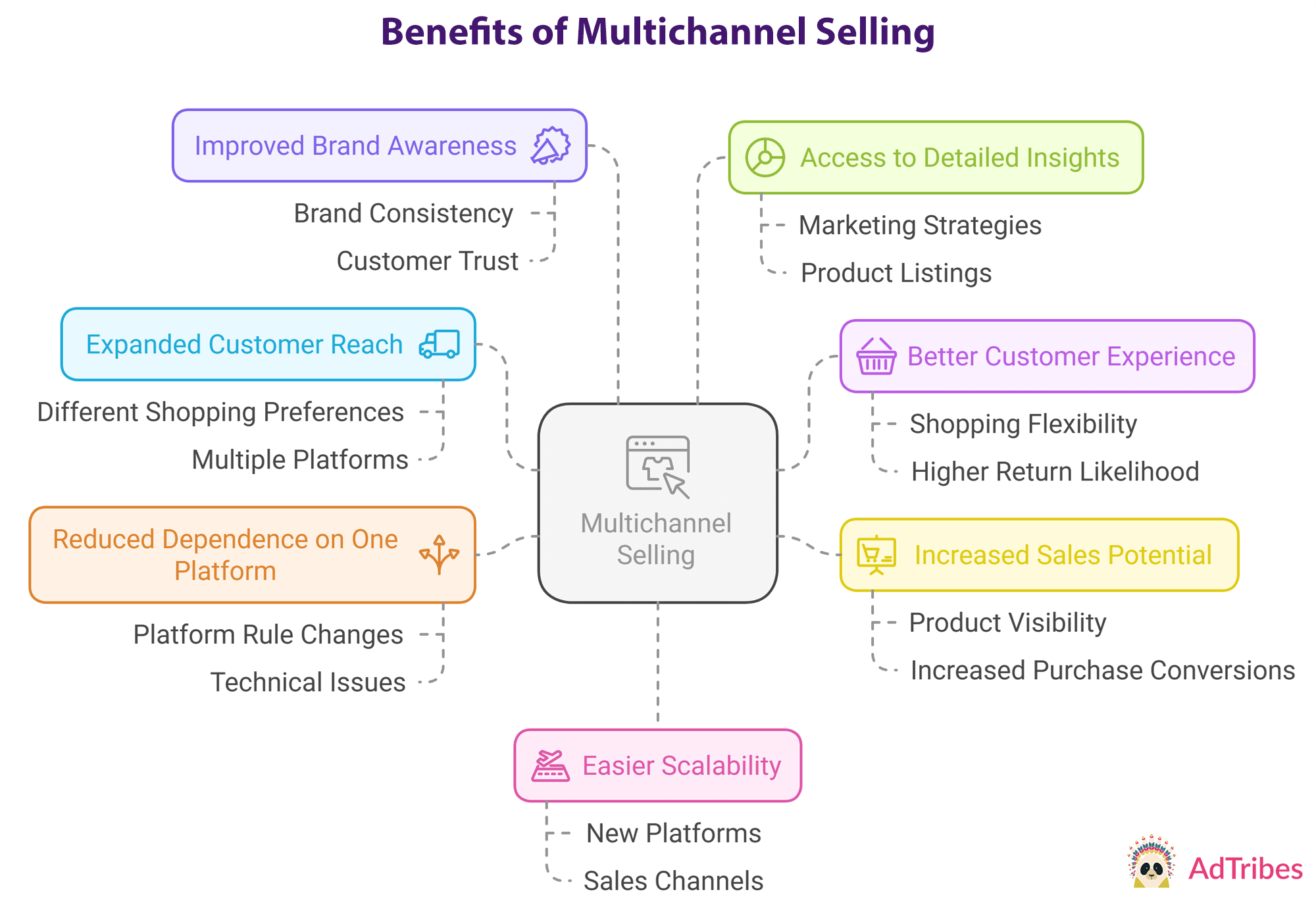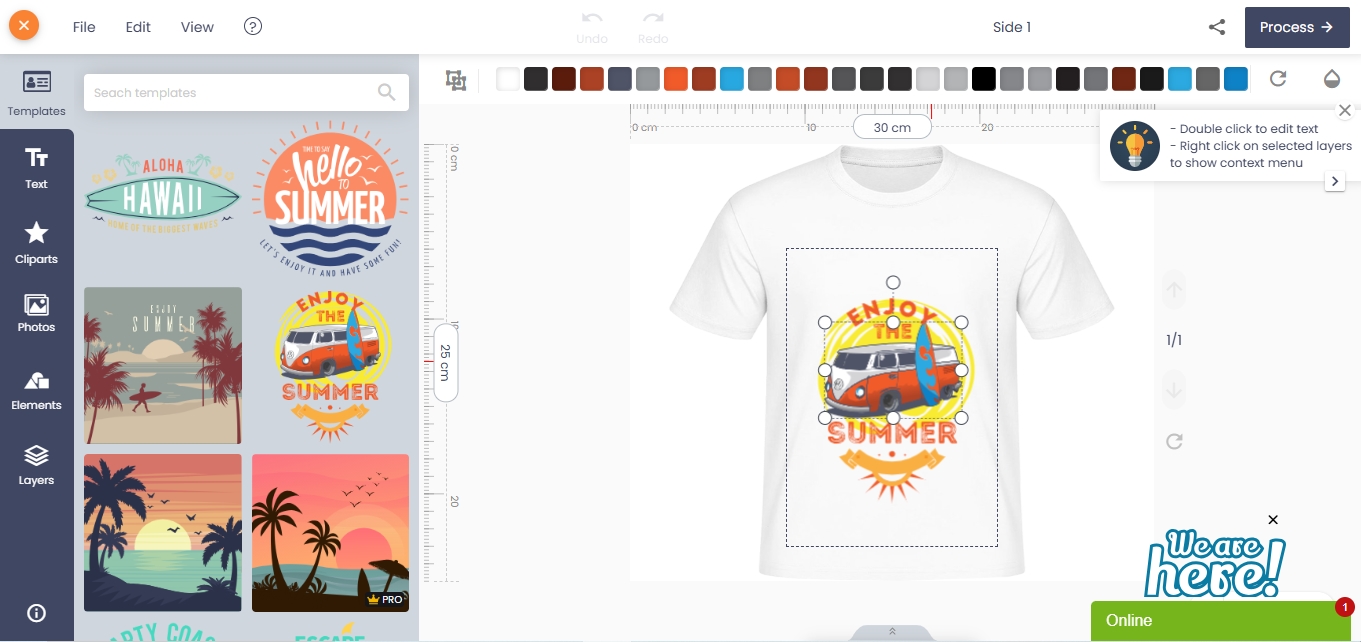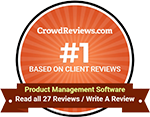TABLE OF CONTENTS
"I Knew My Store Could Do Better...
But I Didn't Know How"
That's what one of our clients, Jessica, told us. She was running a small mug store on WooCommerce—sales were okay, but stuck.
Until she discovered personalization.
Until she discovered Cmsmart.
Fast-forward 30 days:
- ✅ Her store was redesigned with AI product options
- ✅ Customers could design their own mugs with 3D preview
- ✅ AOV jumped by 42% — and she finally felt in control
Want to learn how she did it (and how you can too)?
🎓 Join our FREE 30-Day Email Course:
"Personalize, Launch & Scale – The Smart Ecommerce Way"
You'll get:
- ✔ 1 lesson a day, straight to your inbox
- ✔ Real store examples, demos & playbooks
- ✔ No tech jargon. Just strategy that works.
Join thousands of store owners learning how to scale smarter.
Cmsmart Services
🎉 You're In! Thank You!
We've received your information and you're now part of our smart ecommerce journey.
Please check your inbox – your first email from the 30-Day Course is on its way!
📩 Didn't see it? Check your spam or promotions tab and mark us as safe.
We're excited to help you personalize, launch, and scale your store – the smart way.
TABLE OF CONTENTS
Related Post
Imagine a world where your products are just a click away for customers, regardless of where they choose to shop. According to a recent report by Statista, a staggering...
Understanding Your Target Audience Who Is This Tutorial For? Whether you’re a custom bag entrepreneur, a merchandising manager, or a WooCommerce developer setting up stores for your clients, this guide is...
What Is All-Over Printing? All-over printing (AOV) refers to a method of printing where the entire surface of a garment is customizable—from seam to seam. Unlike traditional placements (like chest...
Other Usefull Contents
You can see many success stories from our customers, and you may be one of them in the future












Do you often review your store or business locator? You should make sure it is up to date and optimized to convert on the KPIs. Your target is to use a locator to convert visitors into leads. Thus, after all, make anyone interested in your band. Here are 10 tips for you to think your business locator in a different way:
1. View your locator as a revenue generator
One of the big targets of your business locator is to create revenzue for your business, not simply to drive traffic to your location pages. You can see more 8 Reasons to Add Location to Your Website to know more about this target. Your business locator should encourage people to spend money at your business address. By providing location data with attractive content such as information about store events. And don’t forget calls to action visible on this page.
2. Optimize your locator for mobile
With the blooming of mobile users, and most of the search queries come from mobile devices. So, it is important to optimize for mobile. You should create a user experience with mobile users.
3. Leverage location detection and autocomplete technology
Integrating location detection and autocomplete functionality on your business locator gives an incredible user experience.
The last thing you need people to do when they get to your site is to be not able to discover the area closest to them — a difficulty that can happen effectively with one straightforward mistake on a standard finder search.
There are two different ways to keep away from this hindrance. The first is to use area identification innovation so you present the most proper area for your guests without them requesting it. The second is to utilize autocomplete usefulness on your finder to guarantee that clients are probably going to enter an inquiry that will restore pertinent outcomes.
4. Consider vertical-specific needs
It’s important to provide a way to search for an accurate address. Businesses develop a location data management strategy that treats data as an asset. The right strategy is to offer useful information. They make it easy to find location data and enriching that data with contextual content such as a provider’s personal mission statement and patient ratings/reviews
5. Be thoughtful with filters
Providing useful filters is to help your customers find the most relevant content they need. You don’t need to create all the data for the filter. For example, Banks cram their ATM locations with all kinds of information about available services for customers while they simply want to find an ATM near them. Or Pharmacies and retail stores surface all possible location data instead of displaying the most important attributes
6. Consider multiple locators
Multiple locators are really necessary when your business is complex set òf products and services with different targeted audiences. For example, health care systems don’t need lists of every hospital, clinic… Instead, You need to show near the searchers what makes the most sense, so that the patient in need of care doesn’t have to filter through results themselves.
7. Include ratings in your locator results
Like the site such ás TripAdvisor with Google making reviews more prominent than ever. consumers have been conditioned to expect ratings in their search results. Ratings are a great way to become a revenue generator by showing how great your products and your customers' opinions are. Besides, people are going to consult reviews anyway — you might as well make the process easier. (As a bonus, you’ll keep them on your site.) I recommend that businesses not treat reviews with trepidation but instead celebrate them.
8. Remember the specific needs of professionals
Professional services companies such as legal offices and accountants have a special needs to be considered. For example, doctors may share a single location. But these professionals often operate in multiple locations, and your business locator tool needs to account for the important differences such as their addresses, hours of operation, and services offered for different days of the week.
9. Keep it clean
Remember don't make your customers feel hard to find what they need. 't to clutter your business locator with too much detail. You should test to apply this: content and design elements contribute to a customer experience. Just share useful and interesting information. Make it a super-clean design.
10. Test, experiment, and iterate
Your business locator needs to change based on customers' behavior and technology. Modifying design, offering different search results depending on what they need. Test new functions with your customers and update it.
See more about how it works
Conclusion
The key to making your business locator useful is to first understand your customers. Your locator is a perfect marketing tool for your band. Doing so ensures that patients are more likely to find the care they need. Try it Store Locator Extension For Magento 2. Visit our live demo to know how it works.